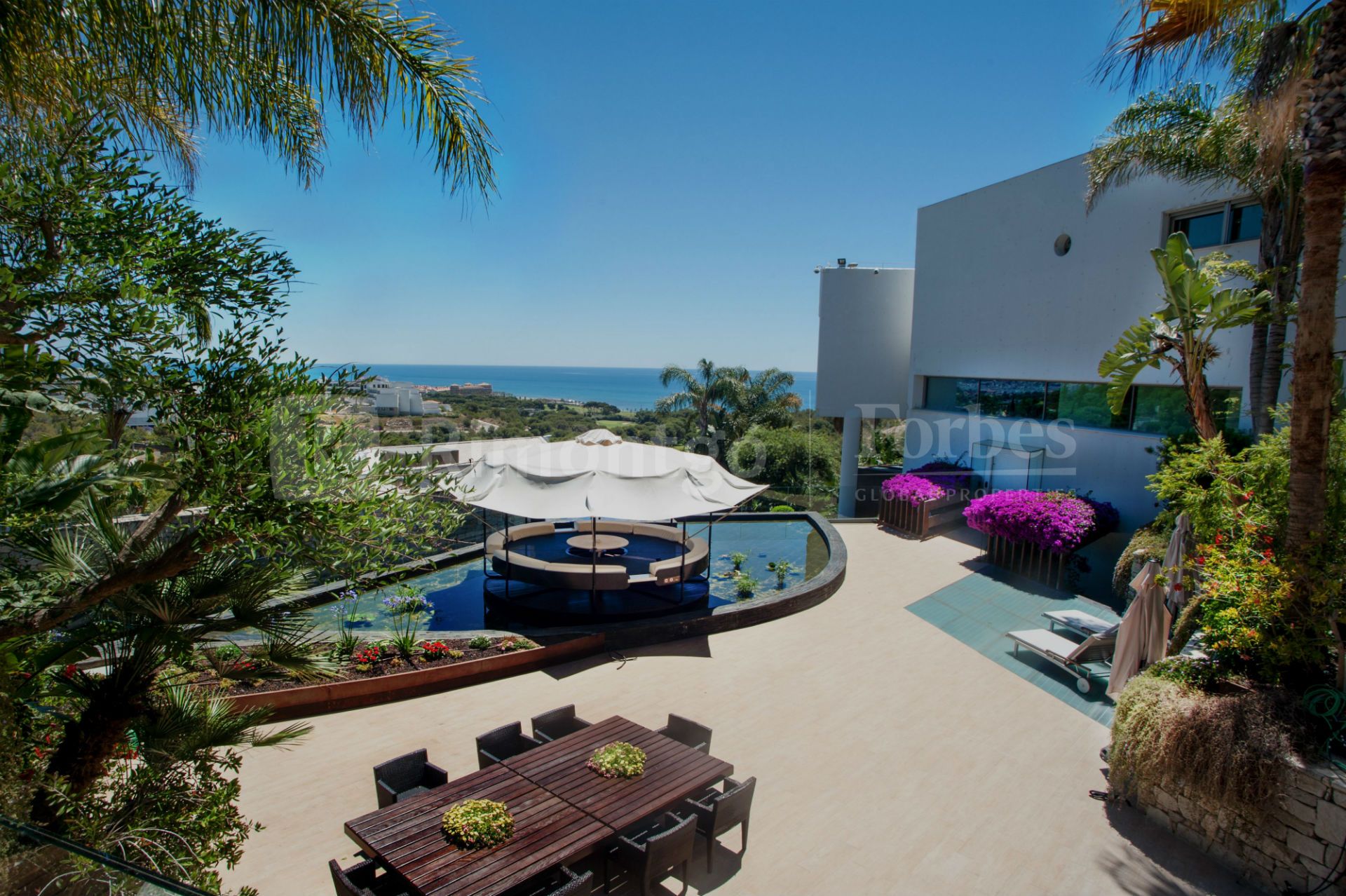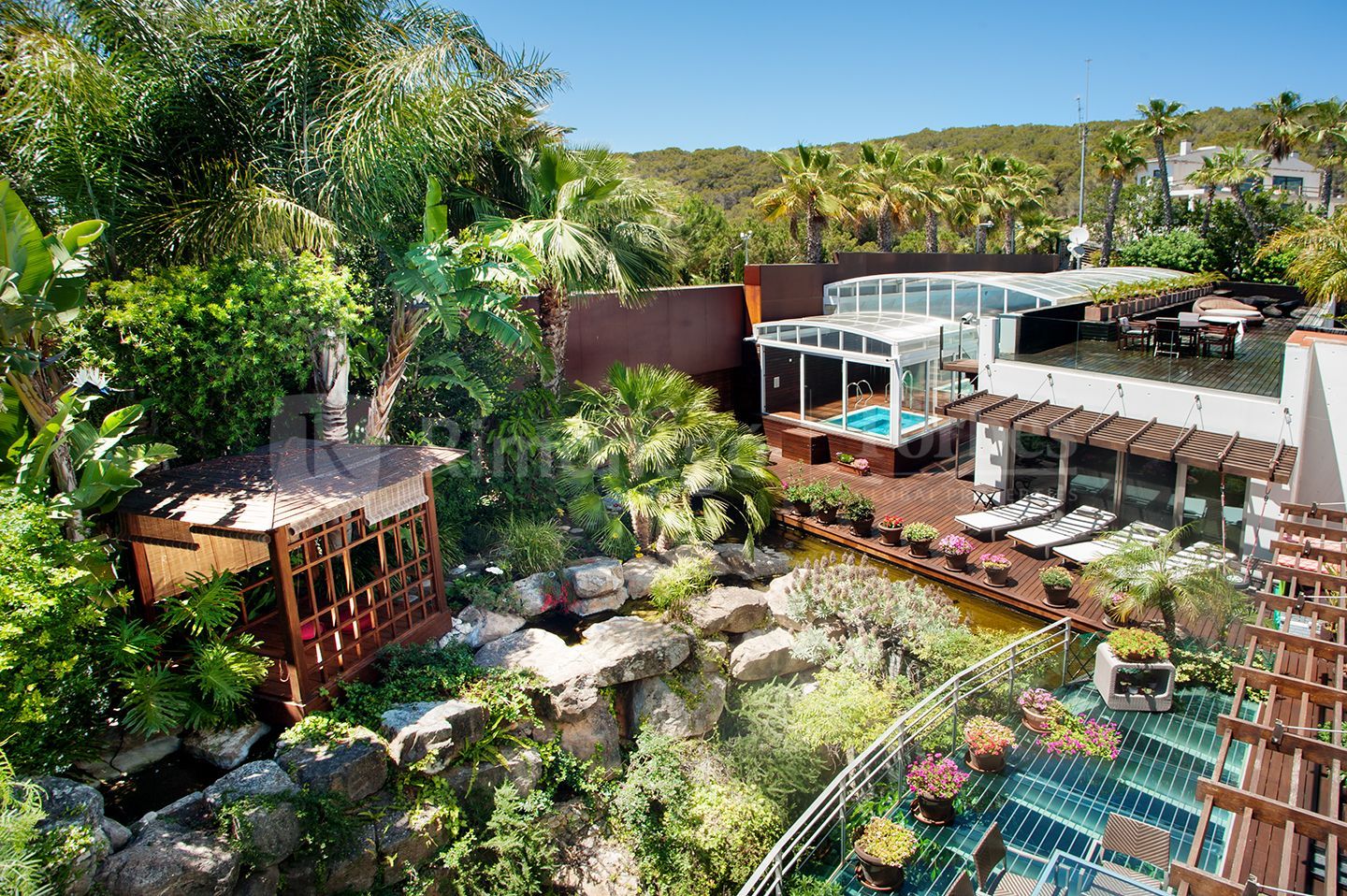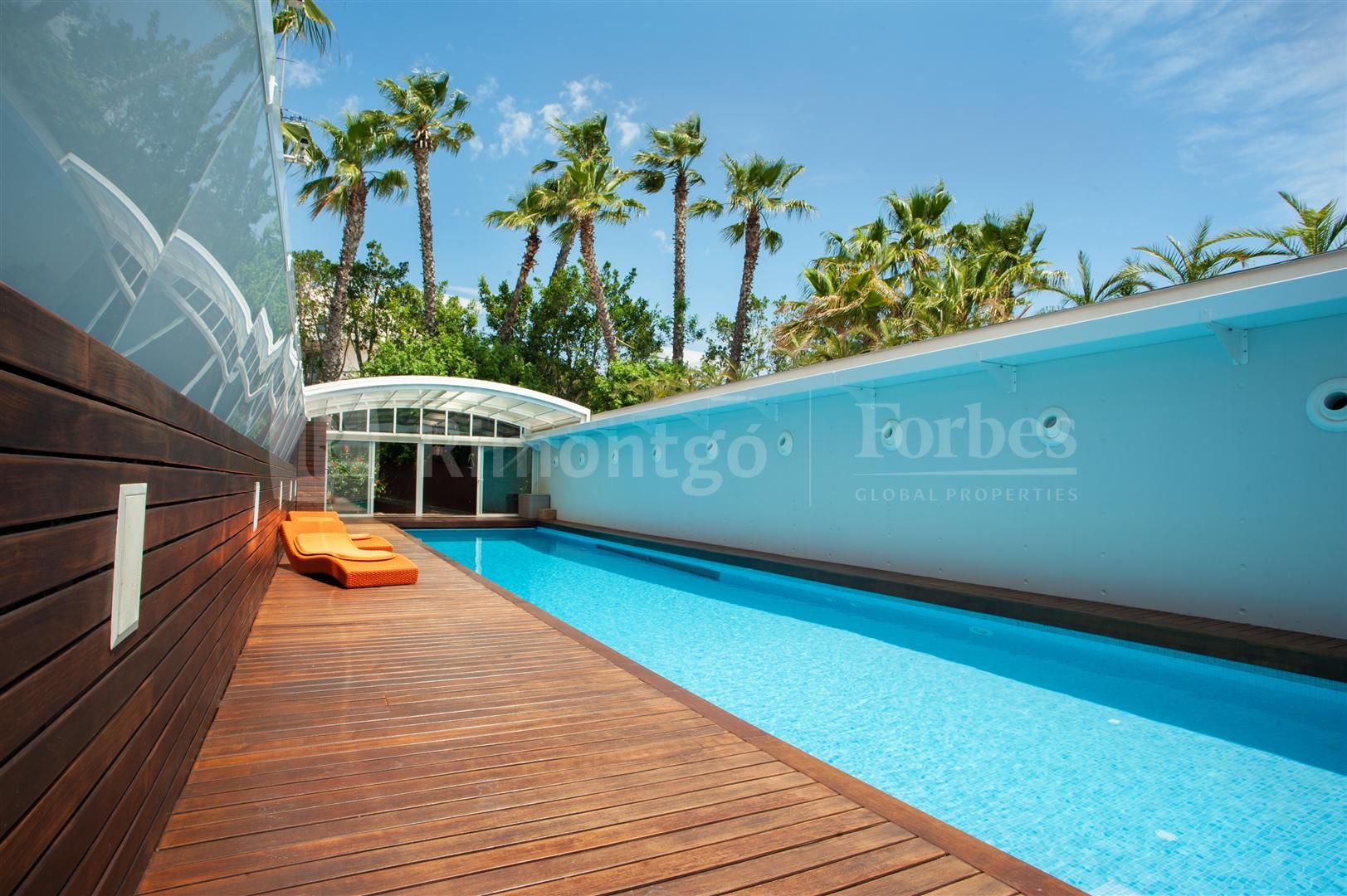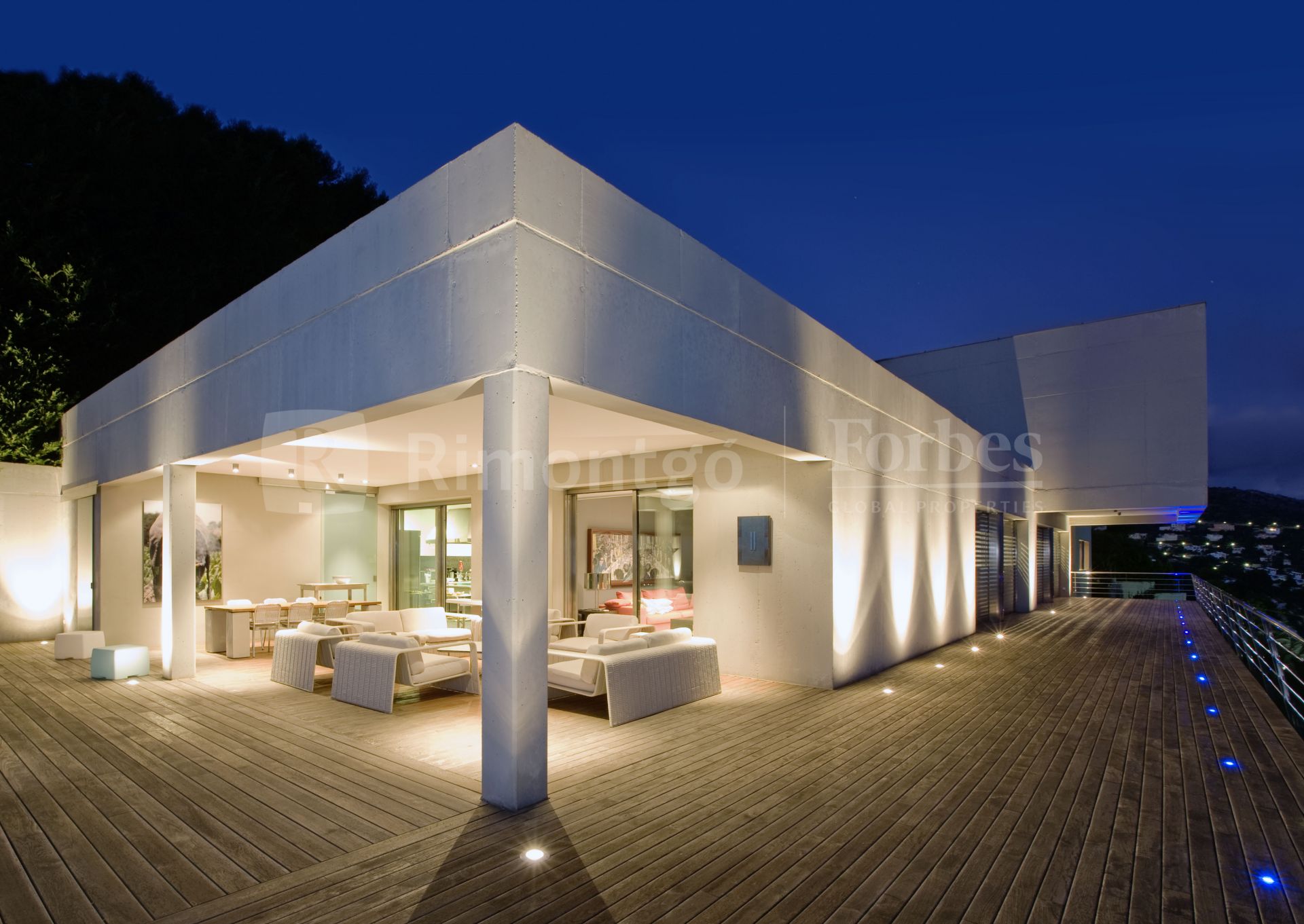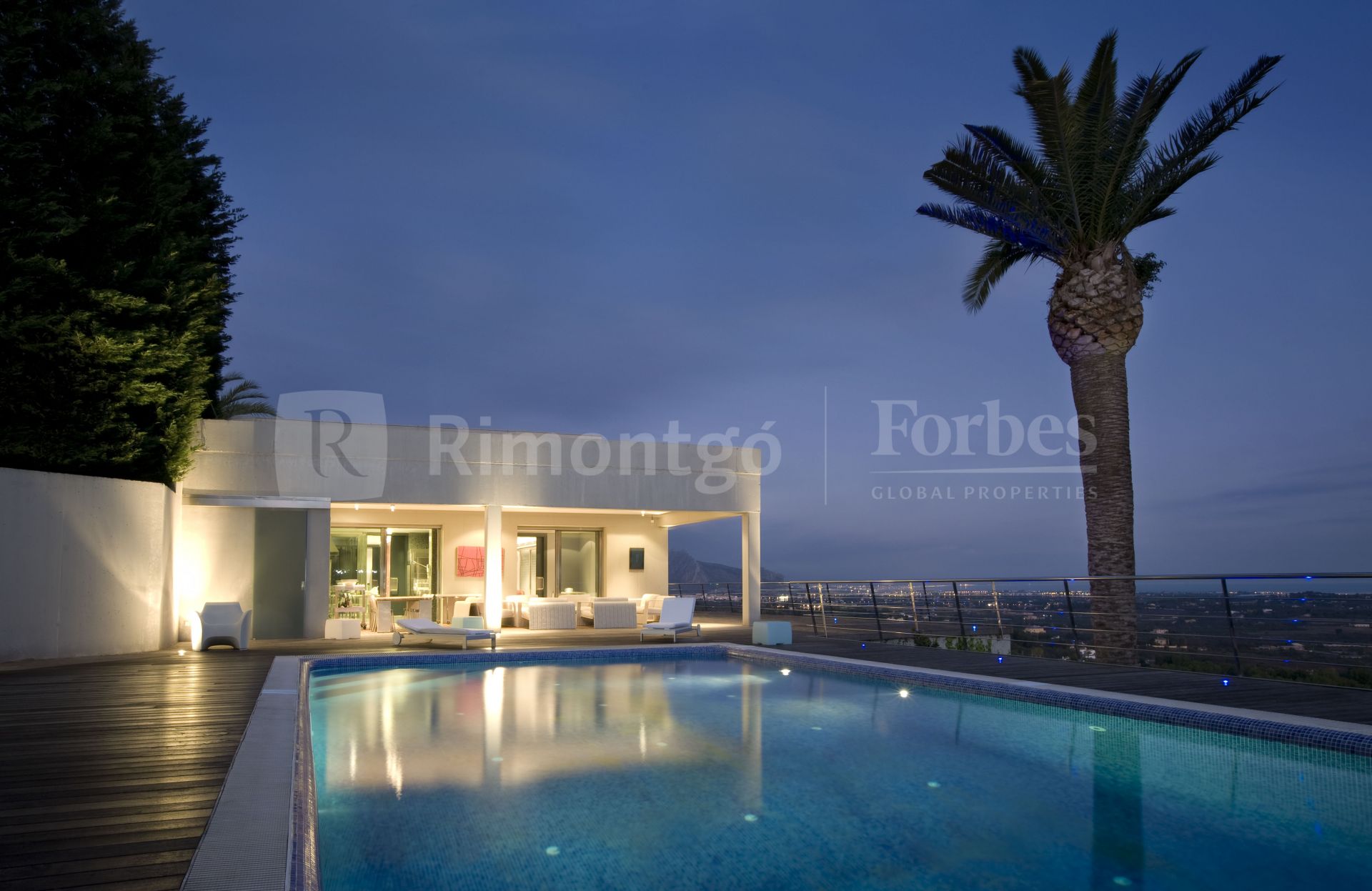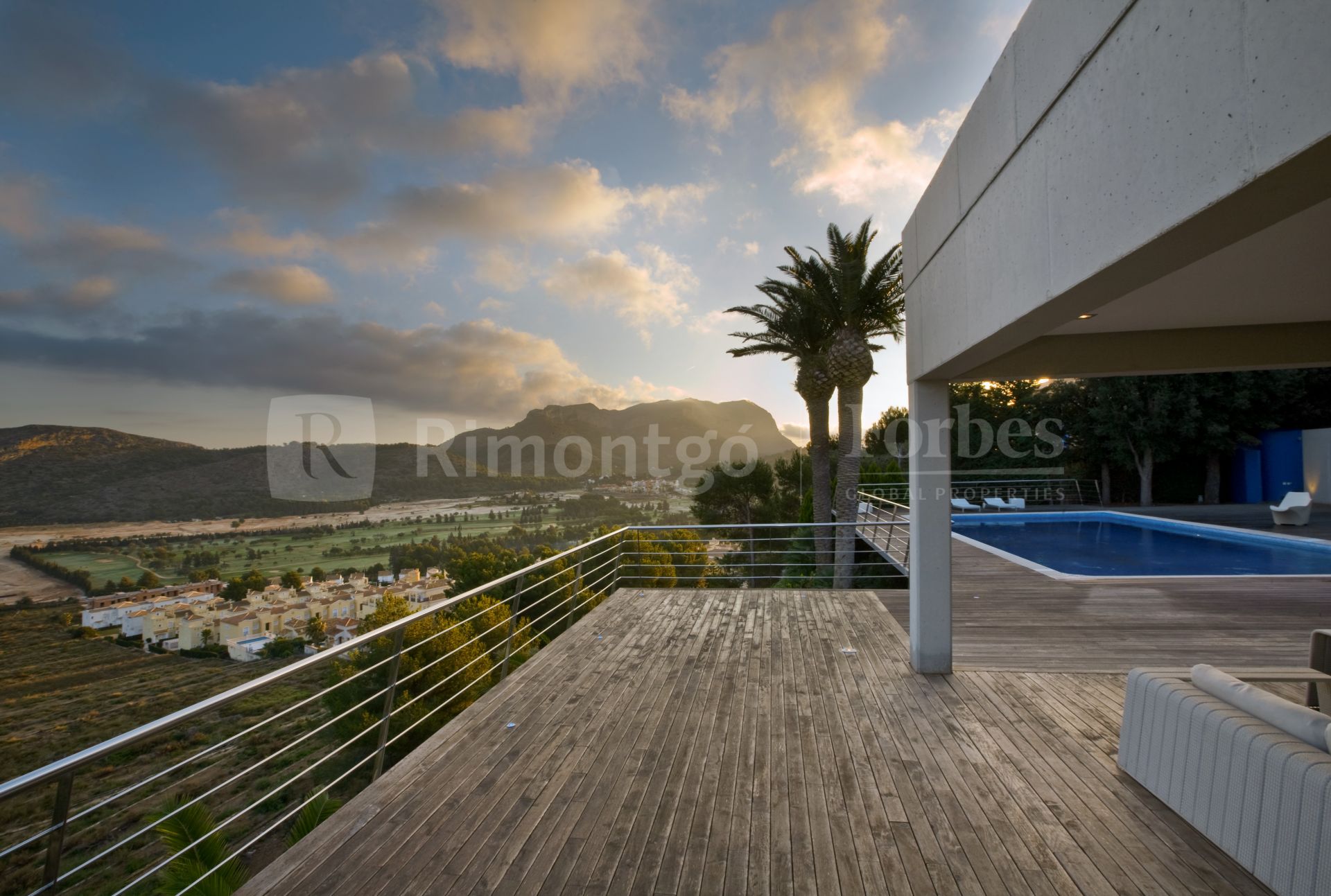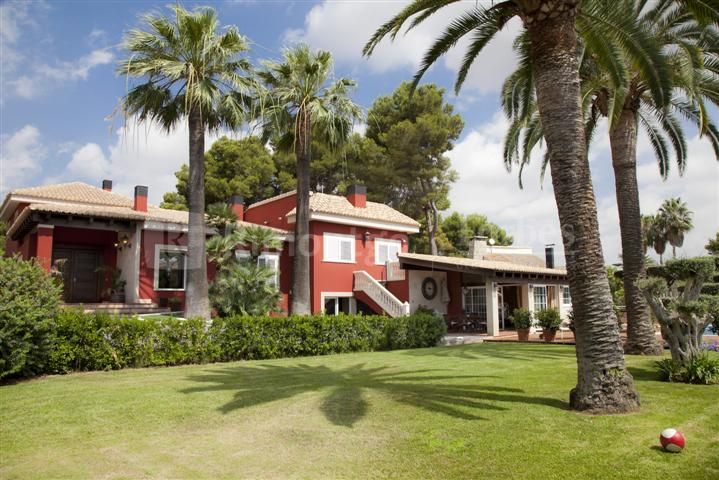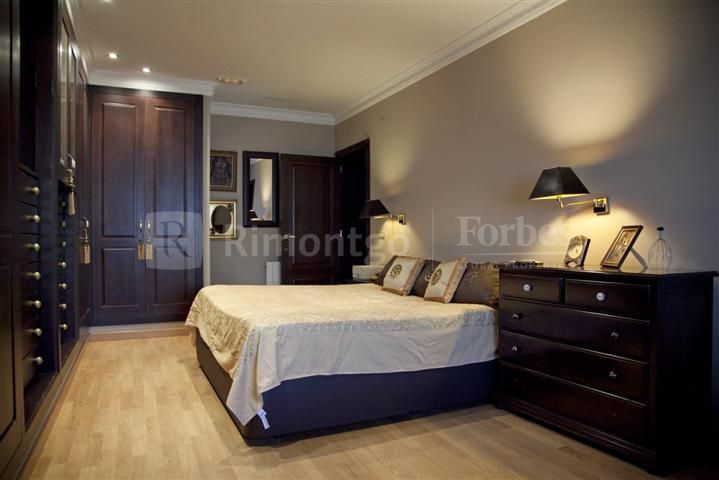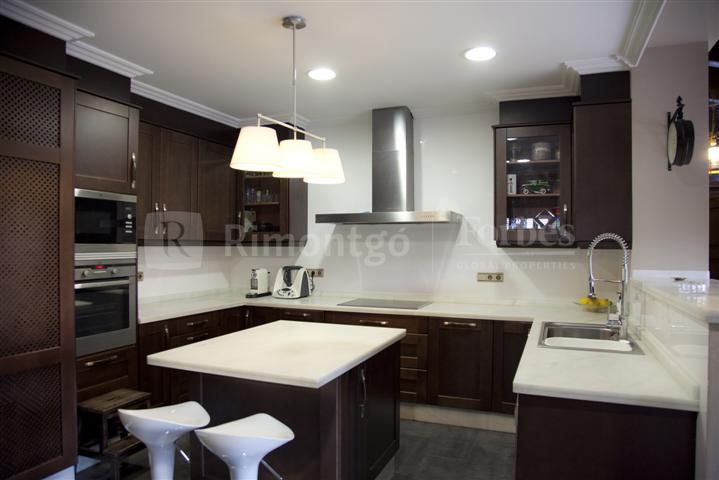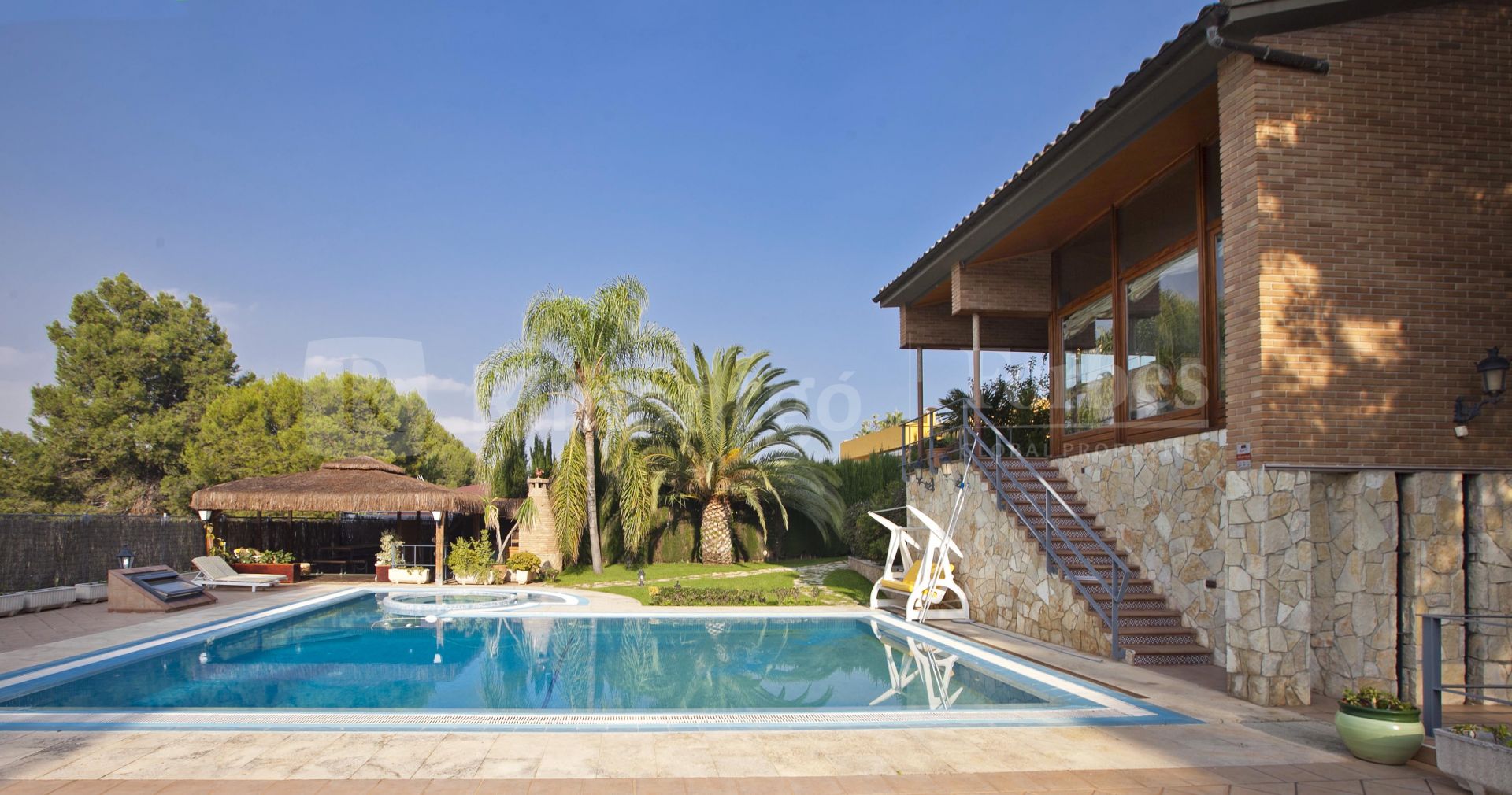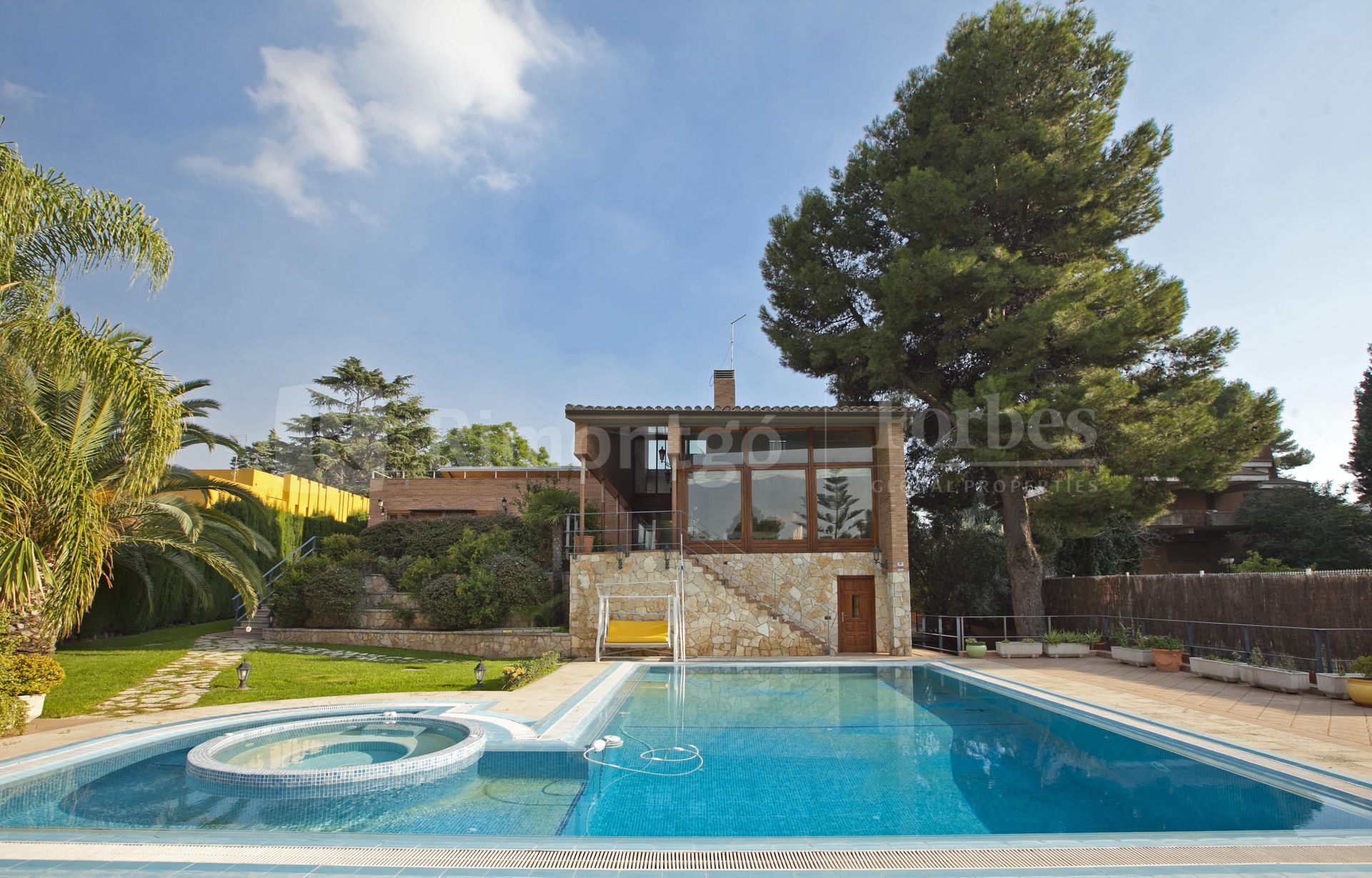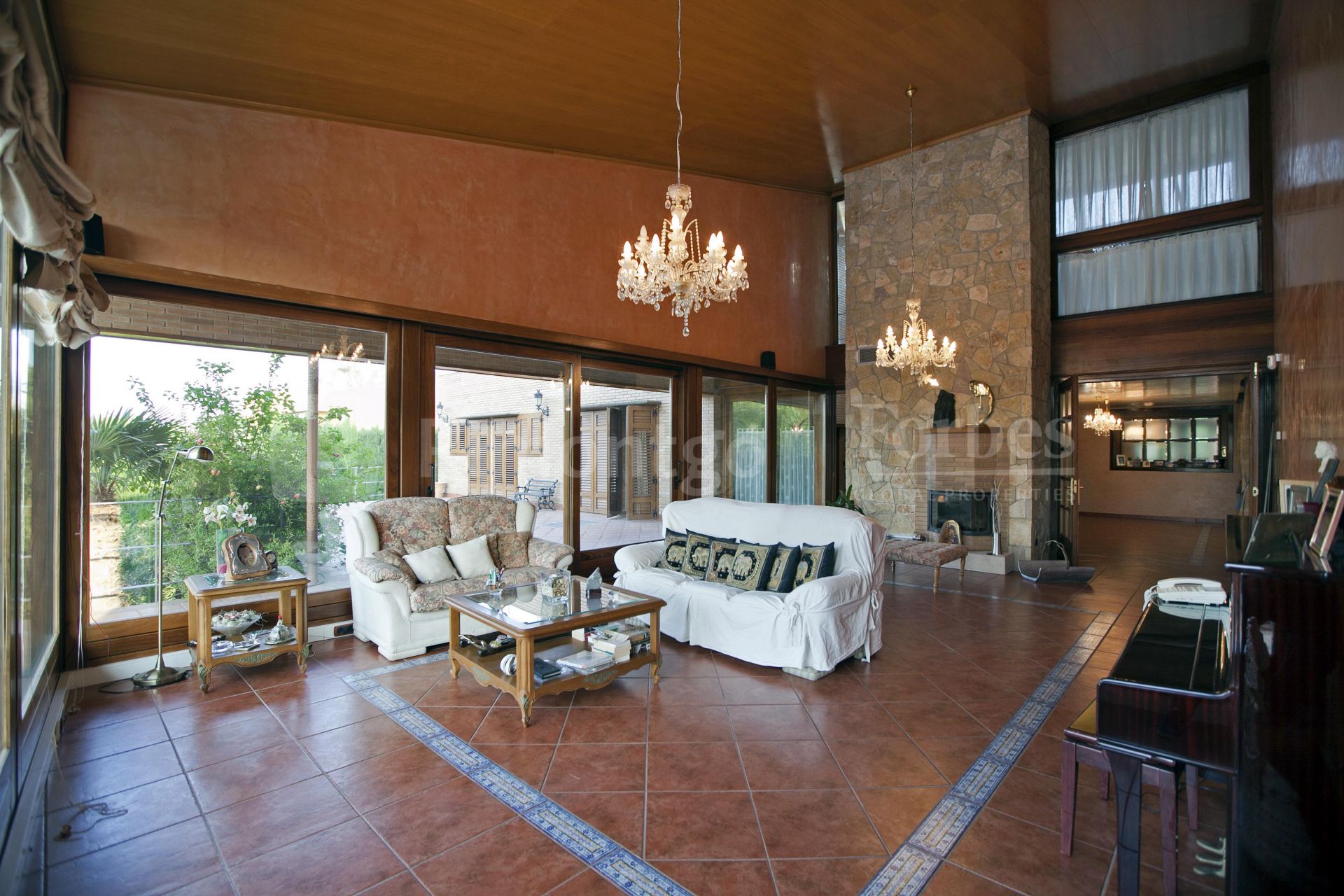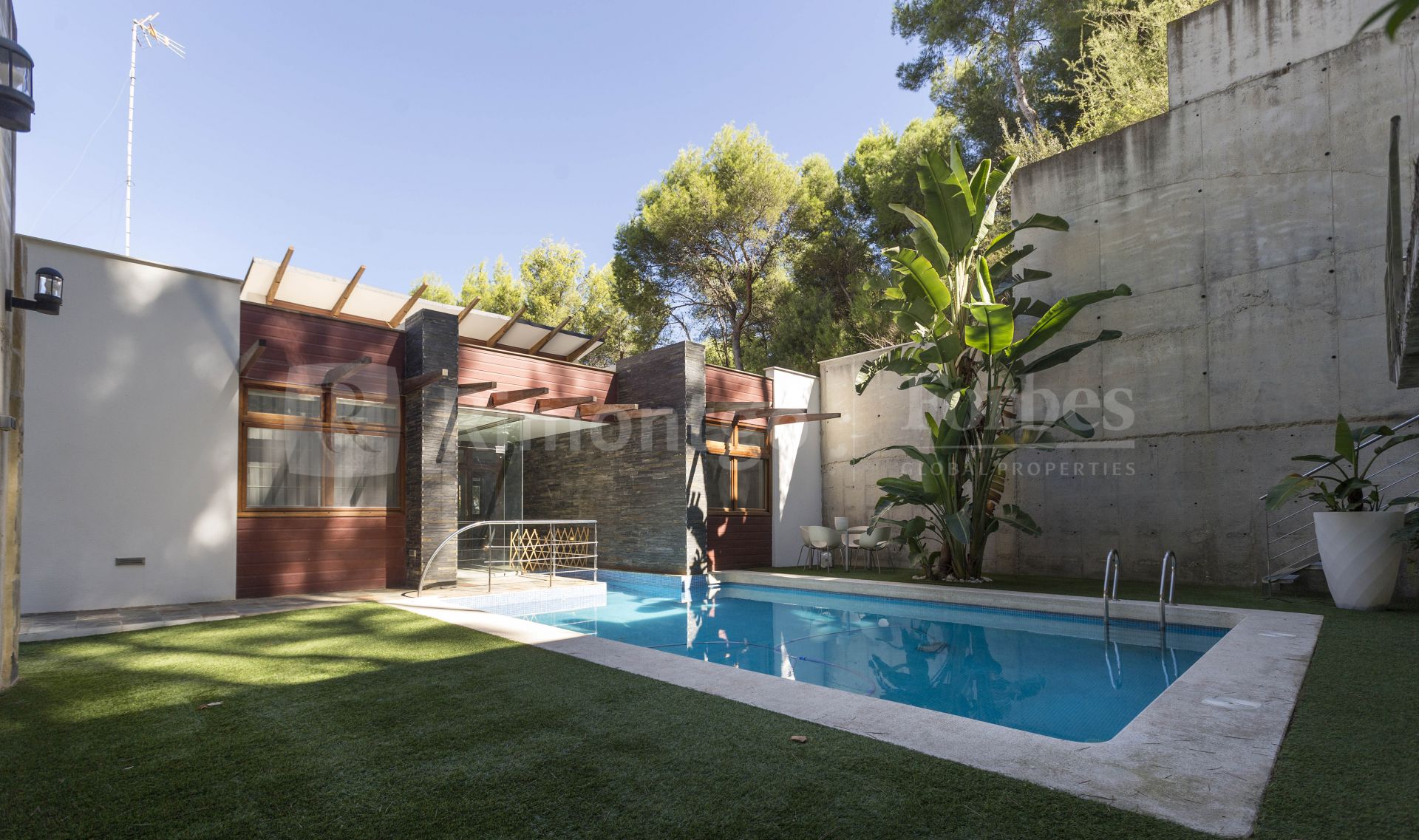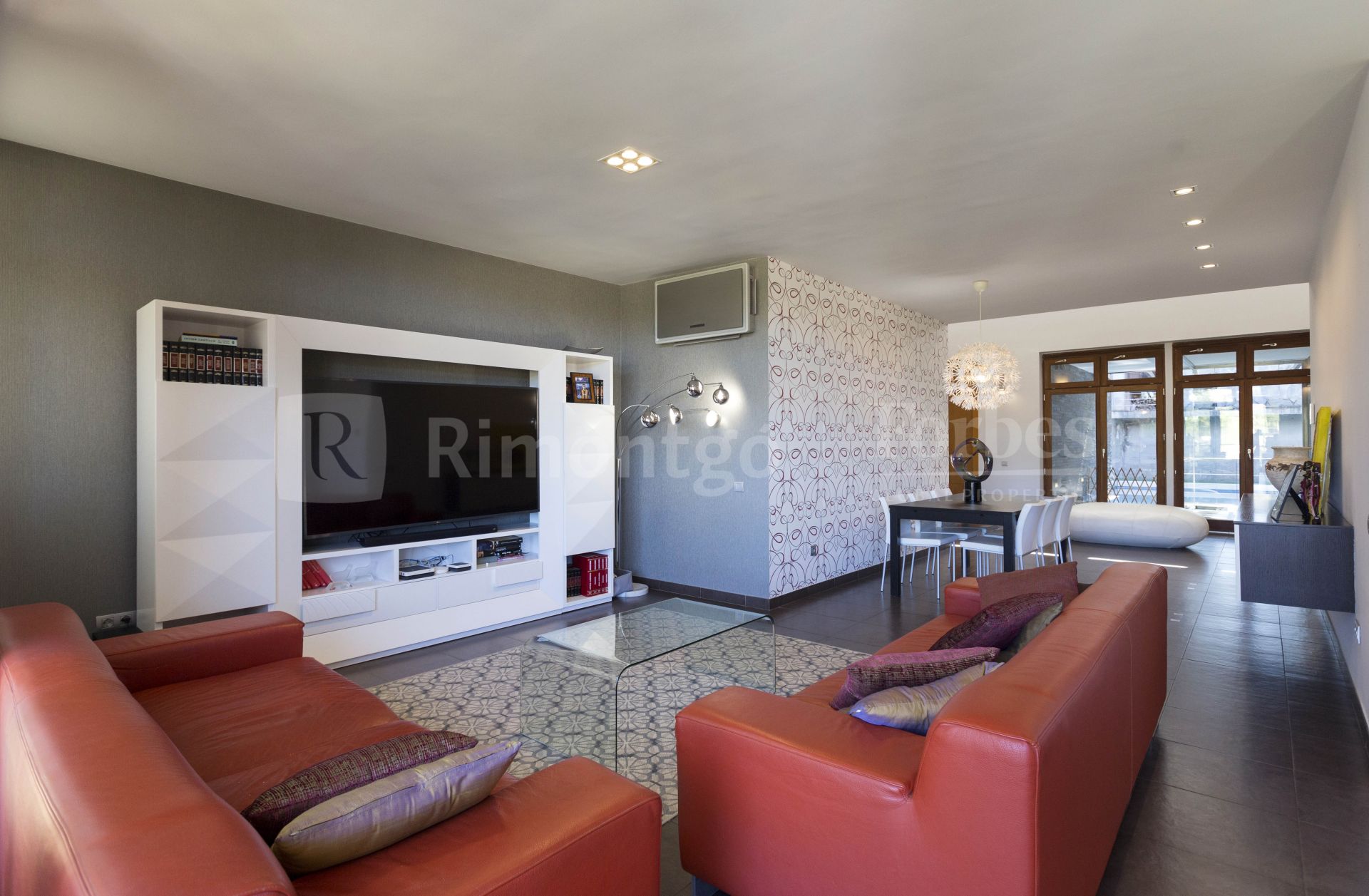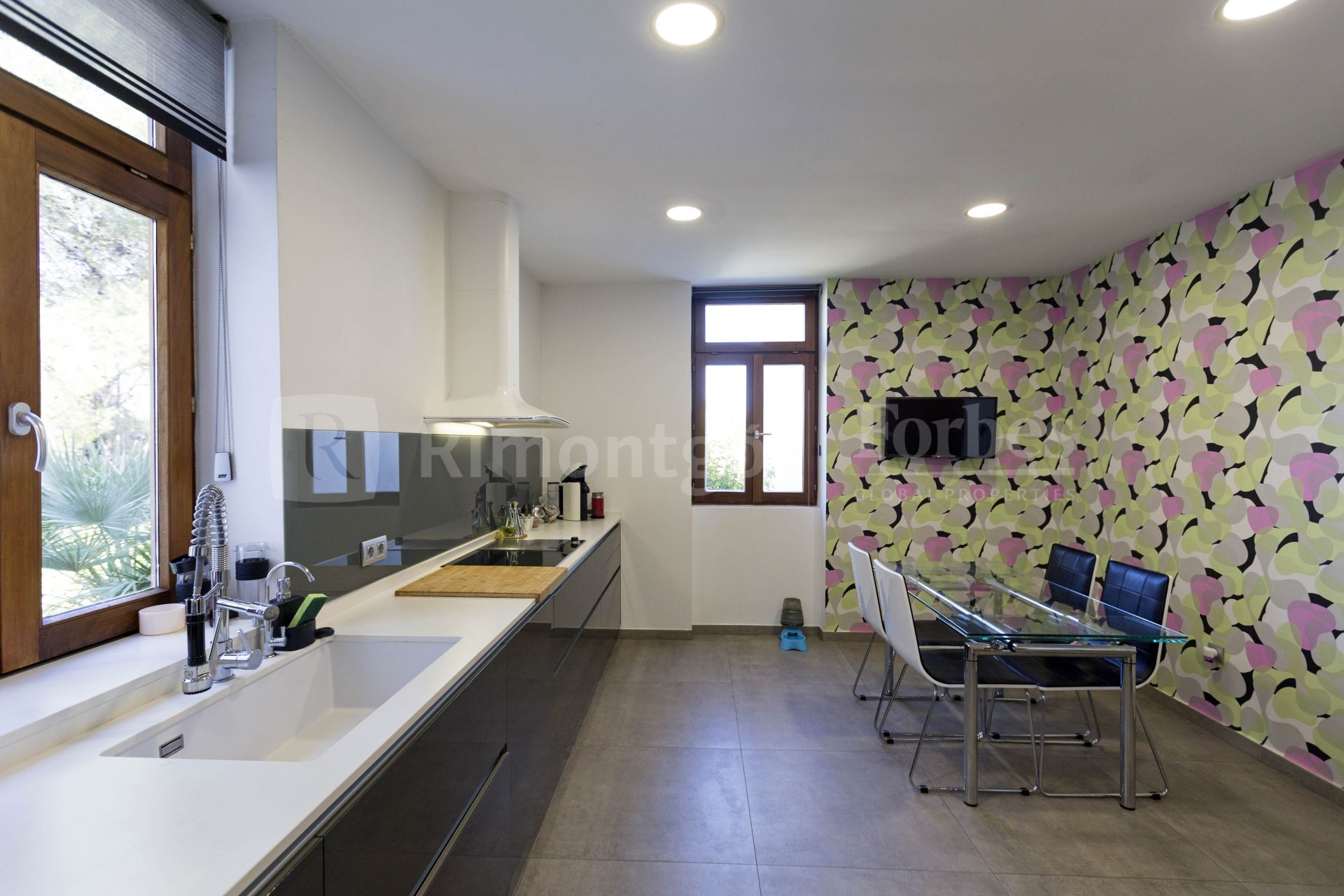Properties worth more than money
“What has a price can be bought; what has a value can be won” Jacques Lacan, French psychoanalyst (1901-1981).Many writers have linked value and price. Lessons learned from our parents helped us understand the difference.

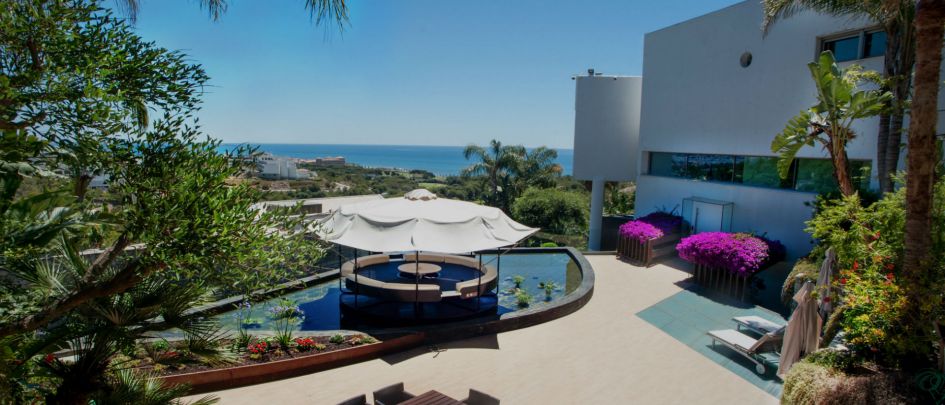
The 2020 health crisis around the world caused people to overreact out of fear and uncertainty. It is precisely in times of tribulation that we need to remain calm.
Paralysis, during those horrible months, has been almost generalised. The lack of freedom made us value even more what we had taken for granted as an inalienable right, which was taken away from us – it has now become clear – with little justification. There could be little activity in such circumstances. Sales were frozen and there was practically no effect on prices. The market was “flat”.
When freedom of movement was restored and people were able to enjoy their first holidays, they appreciated the privilege of being born in this part of the world. The best located houses in places like Jávea were sold within two years, exhausting almost all the existing inventory. People began to value the houses more than their price reflected.
In these two years prices have risen only an infinitesimal part of what the demand for these better located houses has grown.
This is an example of when the value of a house exceeds its price. The value perceived by the buyers of these houses far exceeded the price at which they were sold. In this case, it was the numerator that moved in the “value for money” ratio.
This is explained by the intrinsic qualities of certain properties, by their location gazing out to sea, by its large terraces, by its life-giving gardens, as these properties have become their new office or in its second-first residence, or other reasons. Attributes that have been most valued by people who have suffered from the lack of freedom resulting from the restrictions imposed in many countries.
Naturally, there are other cases in which, keeping the numerator unchanged, the “quality/price” ratio increases as the price of the house decreases. That is to say: we are talking about houses that can be bought at a reduced price, due to different circumstances that occur recurrently over time. It may be a family succession due to natural causes, or it may be a necessary liquidation of assets, or it may be a distribution of wealth, etc. In these cases and in others in which Rimontgó’s valuation is higher than the price at which the seller is willing to accept, these houses have a high “quality/price” ratio, making them more attractive in the market: and we recommend them as such.
You can consult these houses in the selection compiled in this section.
The correct “appreciation” of house values is the key that differentiates one estimate from another. You have to take into account your circumstances and take a long-term view. Haste is not a good advisor. If you are curious, you can read this article that we published on page 3 of Villae International 16 (english) and in the newspaper El Economista (español) precisely talking about value and price.
The lessons learned from our parents have consequently helped us to overcome several economic crises, fortunately!
“The age of a company can be measured by the number of economic downturns it has survived.”
Properties of this collection
Impressive designer villa with all kind of luxuries in Sitges.
- 10 BedroomsBeds
- 12 BathsBaths
- 2.051 m² InteriorInt.
- 2.081 m² PlotPlot
Luxury villa with golf views for sale in Dénia.
- 5 BedroomsBeds
- 5 BathsBaths
- 1.235 m² InteriorInt.
- 3.250 m² PlotPlot
Private property in the exclusive Santa Apolonia development, with swimming pool, private security and social club.
- 4 BedroomsBeds
- 3 BathsBaths
- 400 m² InteriorInt.
- 1.649 m² PlotPlot
Villa with a pool and wine cellar in Santa Apolonia residential complex, Valencia.
- 6 BedroomsBeds
- 7 BathsBaths
- 1.100 m² InteriorInt.
- 2.083 m² PlotPlot
A villa with a difference, this ecological home with lots of unique modern features is located on a private plot in the select urbanization of El Bosque Golf near Valencia - an ideal house for those who prize style and individuality in a property.
- 4 BedroomsBeds
- 2 BathsBaths
- 387 m² InteriorInt.
- 1.379 m² PlotPlot
